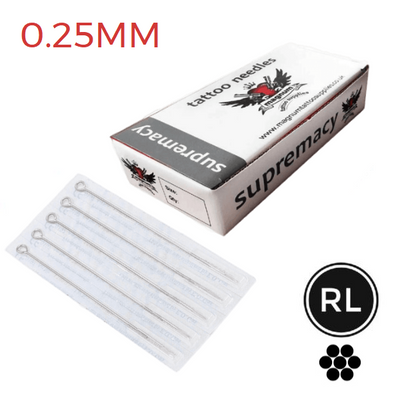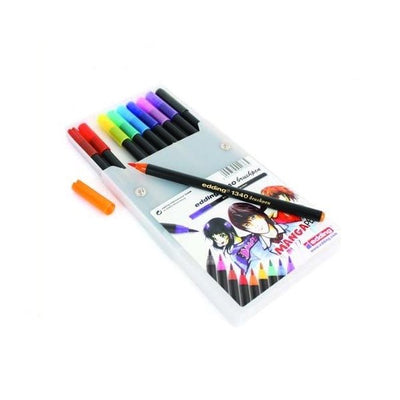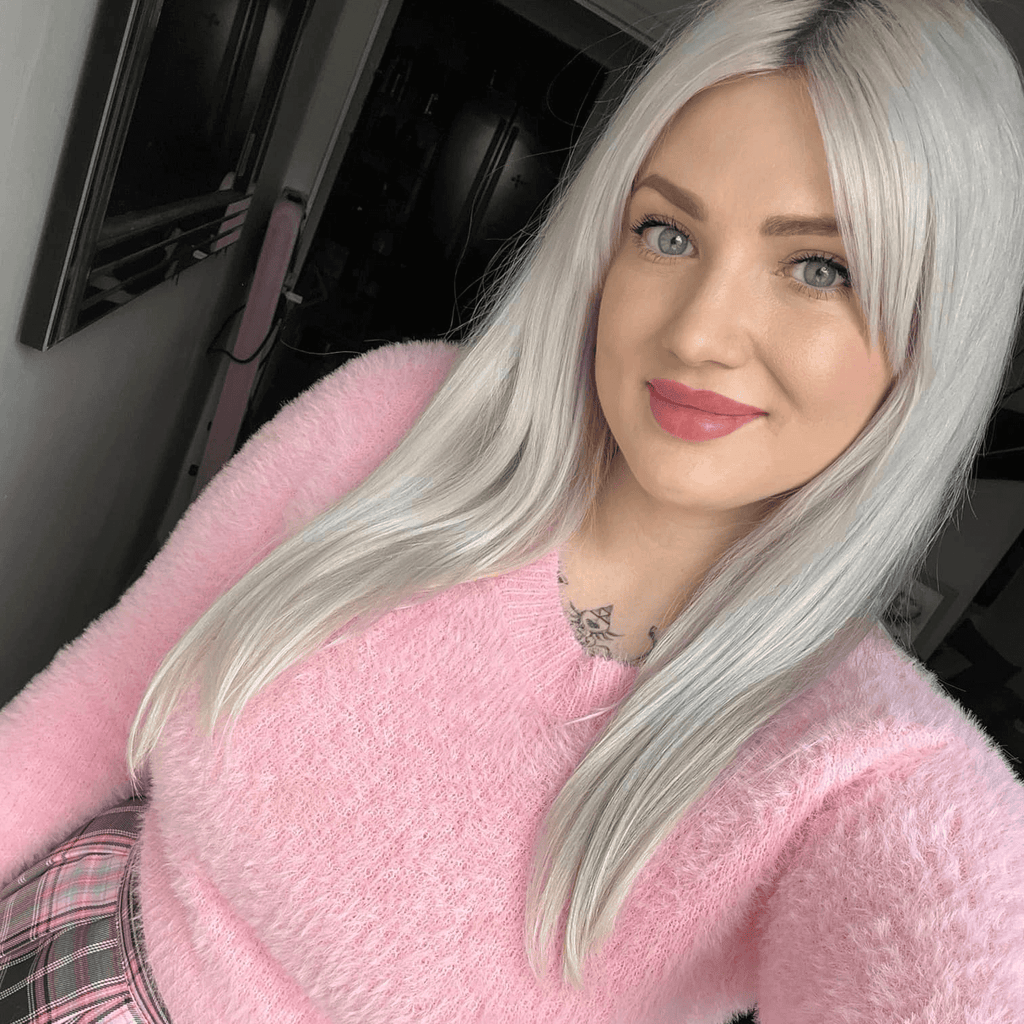As a result of the rapid advances in artificial intelligence (AI) technology, a growing trend is emerging where anybody can use AI to create art, images, or other interesting visuals.
These advances raise serious questions for tattoo artists and human creativity: how could this technology impact the tattoo industry?

In this article, we will explore how AI art is different from human creations, how artists could utilise AI technology, and how artificial intelligence might affect the profession in the long run.
Ultimately, understanding the dynamics of AI-generated art is essential if tattooists want to stay up-to-date in an increasingly automated world.
What is AI-Generated Art?
Artificial intelligence art is a form of artwork created with the help of AI technology. Unlike traditional art, which is created by the human mind, AI artwork is produced using a set of algorithms or a computer model that can generate a unique and creative image without much direct input from a human artist.

These images are typically generated through a process known as deep learning, a form of machine learning in which a computer model is trained on a large dataset. The image generator can then produce AI artwork based on the data a user enters as a simple text prompt.
AI art is a relatively new concept to the mainstream and can be quite bewildering for those unfamiliar with AI technology. To the average person, computer-generated art works much like a regular image editing program.
The only difference is that instead of a human artist manipulating an image, a computer model is doing so based on a set of parameters specified by the user, such as a specific colour palette or a desired subject matter. The resulting image can be a creative masterpiece in its own right, with a distinct look and feel, different from traditional art.

AI-generated art is a digital image, distinct from a physical painting or traditional artwork. Whereas a physical painting is a tangible object that a person can touch and feel, AI art is a digital representation of an image created by a computer.
Instead of using a brush and paint, an AI image generator creates a digital version of a desired image based on its learned library of different images, AI algorithm, and pattern recognition.
How Could AI Art Affect Tattoo Artists?
Adding to the current conversation about AI tools, it is important to consider how computer-generated art could affect tattoo artists in the future. With the help of artificial intelligence, a tattoo artist could generate a variety of unique artworks and designs more quickly than a human artist could, at a fraction of the time and cost.

However, the ability to create a design that flows with the contours of a person's body, as well as considers a client's existing tattoos, are crucial elements a tattoo artist must consider when creating a unique piece of artwork. Currently, these two aspects are challenging for an AI image generator to replicate without a human artist at the helm. As such, AI-generated art is not a creative tool that can directly replace the design expertise of tattoo artists.

That said, technology is increasingly more sophisticated and advancing at a rapid rate. As a result, AI artworks may eventually reach a point where they accurately and quickly produce a tattoo design with a look and feel similar to a human-made design.
Arguably, no matter how much AI learns or how good an AI image generator gets, artificial intelligence can never replace the unique style, personality, and emotion that a human artist injects into a piece of artwork. Human creativity is something a computer algorithm simply cannot match, despite the increasing existence of sophisticated AI tools.

The Impact of Artificial Intelligence Creating Art on the Tattoo Industry
AI-generated art is a fascinating, relatively new technology that has the potential to revolutionise the tattoo design process. While artificial intelligence may be able to generate a variety of unique designs more quickly and at a fraction of the time it would take a human artist, there will always be a need for humans to create artwork due to their ability to inject creativity, personality, and emotion into a design.

Ultimately, the true power of a tattoo lies in how it can portray a sense of identity or even a life story. While artificial intelligence can create new ideas and digital images with impressive accuracy and speed, only human thinking can produce art that truly captures the unique essence of an individual in a design.
Either way, the future looks bright for both traditional artists and those who embrace this ever-evolving technological trend—they just have to figure out how best to coexist!
In the meantime, click here for all the best tattoo machines and power supplies to ensure that, no matter how the tattoo was designed, the finished product is always of the greatest quality.
Other Helpful Articles:



























































 Studio supplies
Studio supplies












 Power & batteries
Power & batteries








 Aftercare
Aftercare





















 Apprentice
Apprentice


 Piercing & jewellery
Piercing & jewellery







 PMU supplies
PMU supplies




 New arrivals
New arrivals
 Gift vouchers
Gift vouchers
 Shop all
Shop all















































